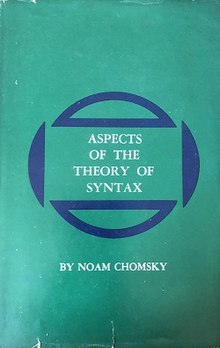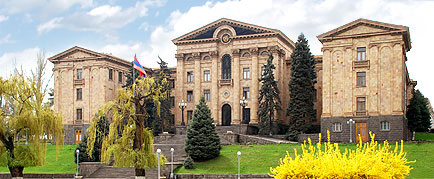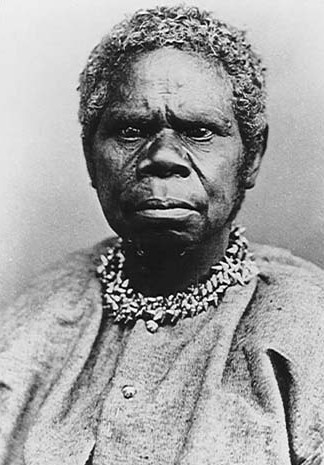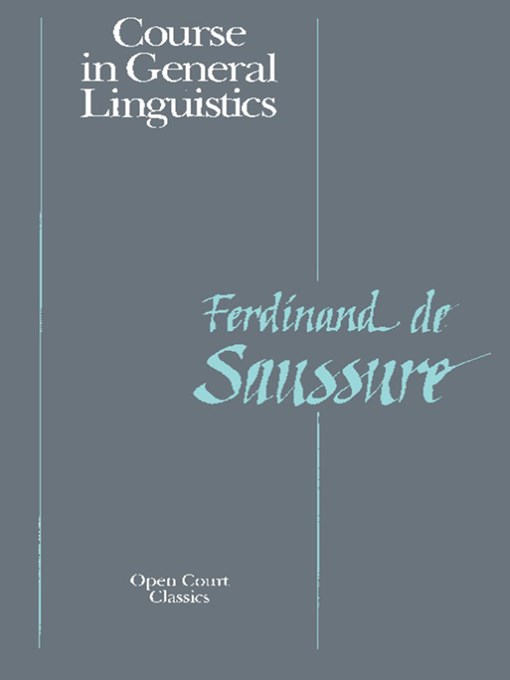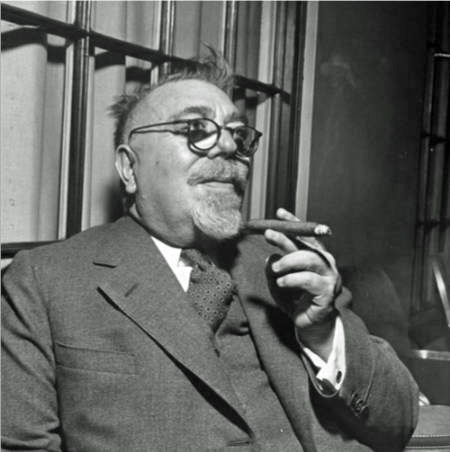Note: This final entry is a re-post of the first entry and brings us full circle; the Linguist's Calendar from Mikael Parkvall's great book, Limits of Language, is now posted in its entirety. To view a date of interest, navigate the Blog Archive to the right.
June 1
1940: Evelyn Pike gives birth to a daughter, the first child of linguist Ken Pike.
1952: Michael Ventris produces the last of his Work Notes, where he first reveals his find that Linear B is a written form of Greek.1981: The first English language daily newspaper in the People’s Republic of China, the China Daily, begins publication.
1987: Stanford University Press publishes Joseph Greenberg’s controversial Language in the Americas.
1991: Geoffrey Pullum’s entertaining and oft-cited The Great Eskimo Vocabulary Hoax and Other Irreverent Essays on the Study of Language is published by the University of Chicago Press.
1993: Within the Lojban movement, a language reform known as The Great Rafsi Reallocation goes into effect.
1999: The Nepalese Supreme Court rules the use of minority languages in the country’s administration “non-constitutional and illegal.”
2002: For the first time since its inception in 1996, the Terralingua organization, promoter of linguistic and biological diversity, gets an office, located in Washington.











